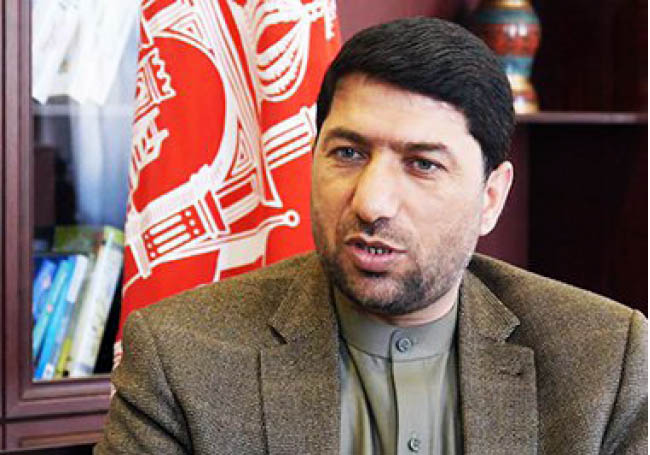KABUL - President Ashraf Ghani will issue a constitutional decree regarding electoral reforms within three days, said his senior advisor, Mohammad Akram Khpalwak.
He said that consultations over the decree are underway and will end within three days.
He said government is trying to improve security and provide funding for the elections.
"Work on the decree is underway and progress has also been made... consultations have taken place and it will be concluded within two to three days and then the decree will be issued," said Khpalwak.
He urged political and civil institutions to discuss the decree with lawmakers. To prevent a rejection of the decree, he said Ghani is taking suggestions from political parties and other organizations.
"The president will issue the decree and he wants both houses of parliament (Wolesi Jirga and Meshrano Jirga) to approve it," he went on to say.
The Independent Election Commission (IEC) announced the final results of the 2014 presidential elections a few days back. The move was widely criticized by a large number of political analysts.
However, the Presidential Palace said that the IEC hadn't coordinated the announcement with it.
Jawed Faisal, the deputy spokesman for the Chief Executive Officer (CEO), said that the president will issue the decree on electoral reforms during parliament's break.
Meanwhile, a number of election watchdog organizations warned that any further delay in electoral reforms will question the legitimacy of the government and will further weaken people's trust in the elections.
"The government's silence and negligence towards the electoral reforms will give a legal base to activities of the current commissioners of electoral bodies," said Naeem Ayubzada, head of the Transparent Election Foundation of Afghanistan (TEFA) and a member of the Election Commissions' Selection Committee. He added that a delay in the implementation of reforms will also question the legitimacy of the government.
Electoral reforms faced a deadlock, after the Wolesi Jirga (Lower House of Parliament) rejected a presidential decree on reforms and the selection committee stopped its activities. Although bringing about electoral reforms was one of the main promises made by the National Unity Government (NUG), the pace of the reforms has been very slow. (Tolonews)
Home » Afghanistan » Ghani to Issue Decree on Electoral Reforms within Days
Ghani to Issue Decree on Electoral Reforms within Days

